DLA Student Poster Competition 2021 Visions for the Future March 3, 2021
Main Theme and Suggested Topics:
For the 22nd Digital Landscape Architecture Conference, the Editors and the Editorial Board of the Journal of Digital Landscape Architecture cordially invite you to submit abstracts for original, unpublished presentations focusing on the conference’s main theme
Resilient Landscape Architecture and Global Change
Your passion is fueled by experimental communication of your work, while exploring the boundaries of digital techniques in landscape architecture! Then Visions for the Future Student Poster Competition provides you with the opportunity you seek!
For the DLA 2021 Virtual and Hybrid Conference May 26-28 2021, we invite current students and recent graduates (less than 2 years, i.e. 2020 and 2021 grads) from relevant disciplines to submit original design / artwork in ‘A’ proportions (1: 1.414, 2384 px X 3370 px Max., Landscape or Portrait, JPG or PNG) for exhibition in an Online Gallery, and evaluation by conference participants.
Submit a poster with your best 3D (or 4D) landscape architecture work in A1 (Size) visualization and get a chance to win cash awards.
The evaluation will be done by the conference participants online and the criteria are:
Innovation and creativity of project described
Complexity of project
Layout and level of communication of poster
The DLA 2021 poster competition offers the following awards:
1st prize: 400 €
2nd prize: 300 €
3rd prize: 250 €
4 -10 non cash prizes by leading vendors.
All posters will be exhibited and documented at http://2021.dla-conference.com/
The only requirement other than size, format, deadline and legible identification is that all work must demonstrate / explore / exemplify “Digital Landscape Architecture”. Work produced for academic coursework is acceptable.
Submit at “Poster Submission” at https://www.dla-conference.com/
Submit your poster as JPG or PNG file by May 15, 2021 at the “Poster submission” link.
Authors will receive email confirmation.
Your submission allows you the cost free access to the virtual part of the DLA 2021.
Please submit a short abstract on the “making of” your poster.
Poster submissions not in specified format and dimension will be rejected; or arbitrarily clipped/reformatted.
DLA | Digital Landscape Architecture


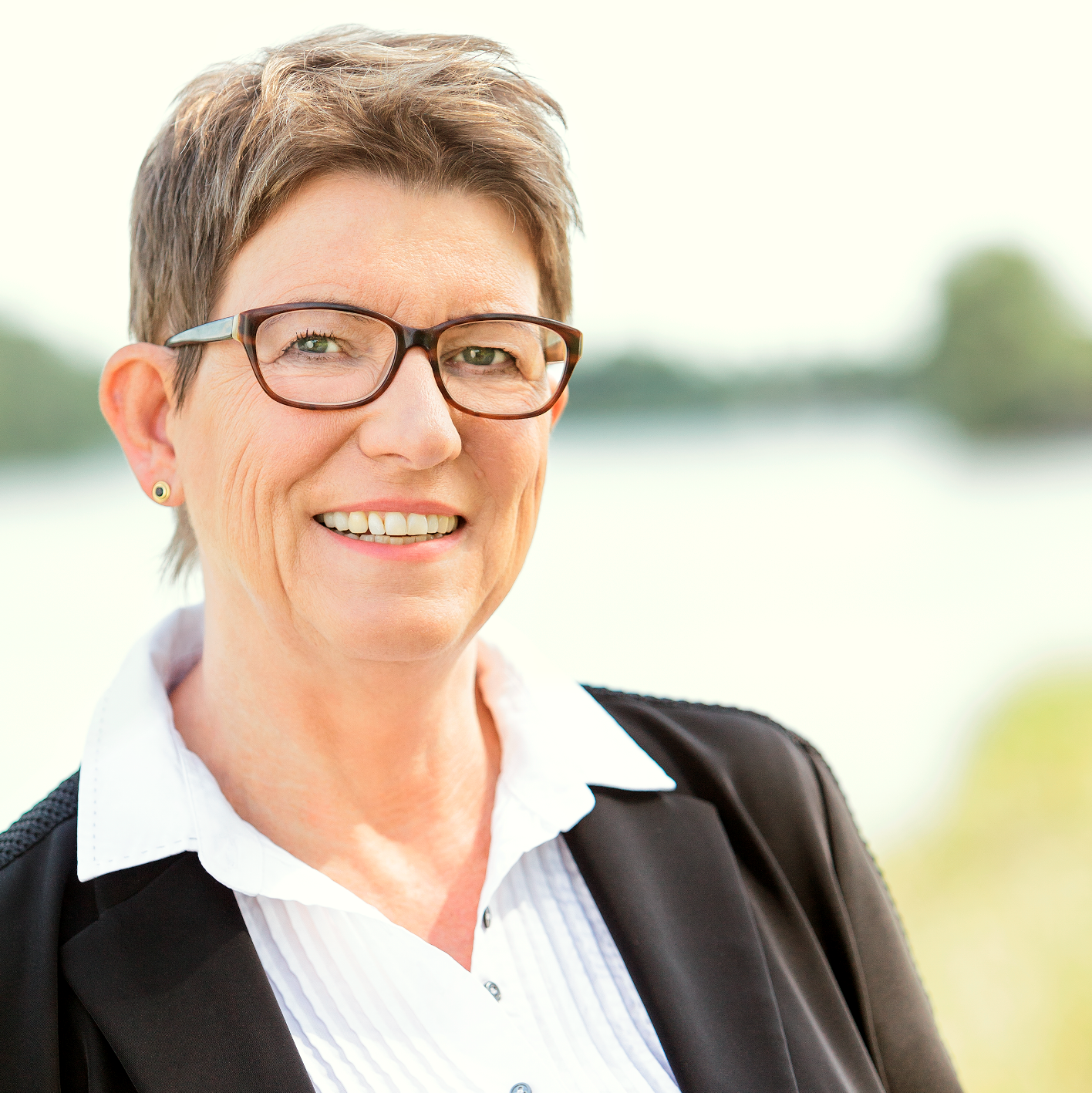










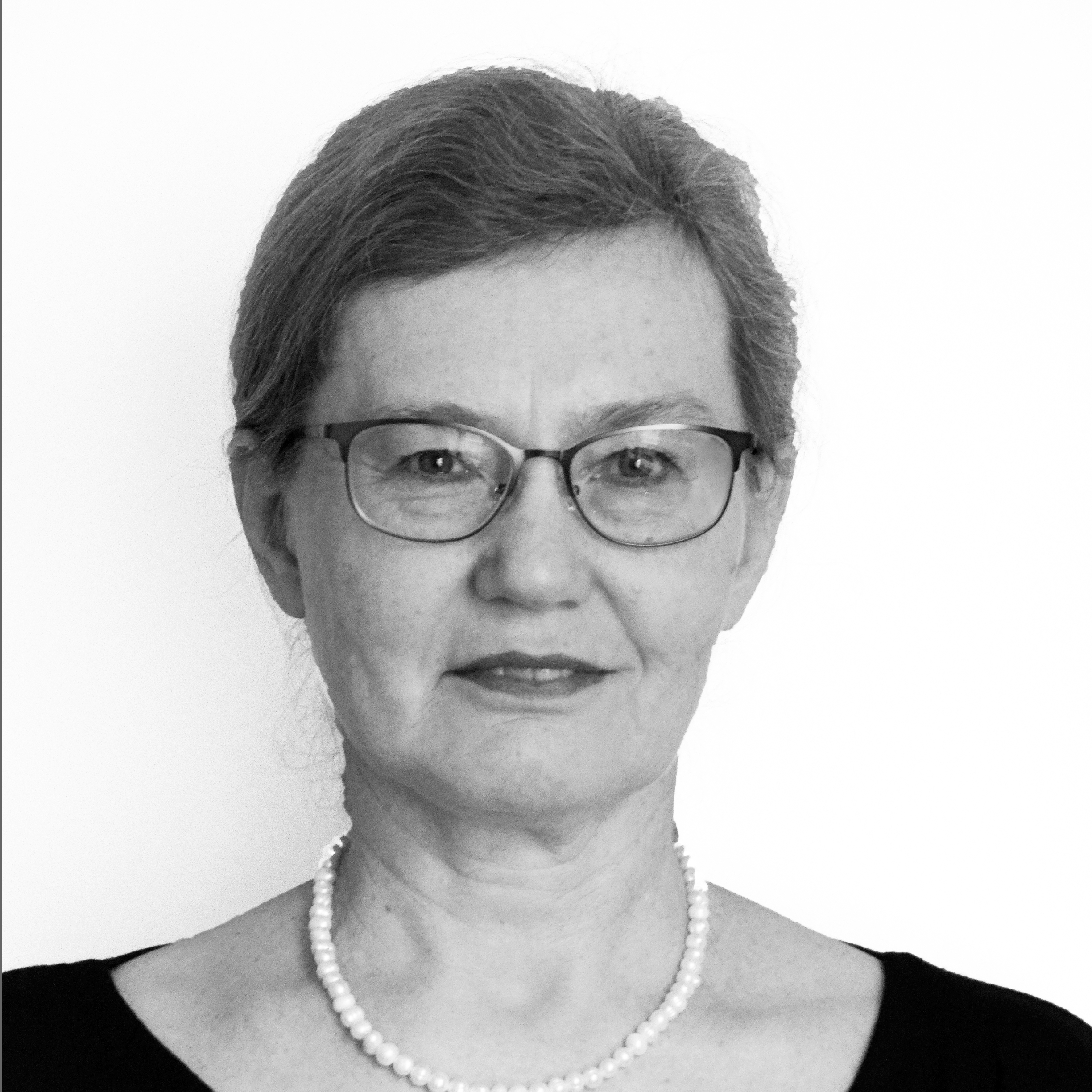







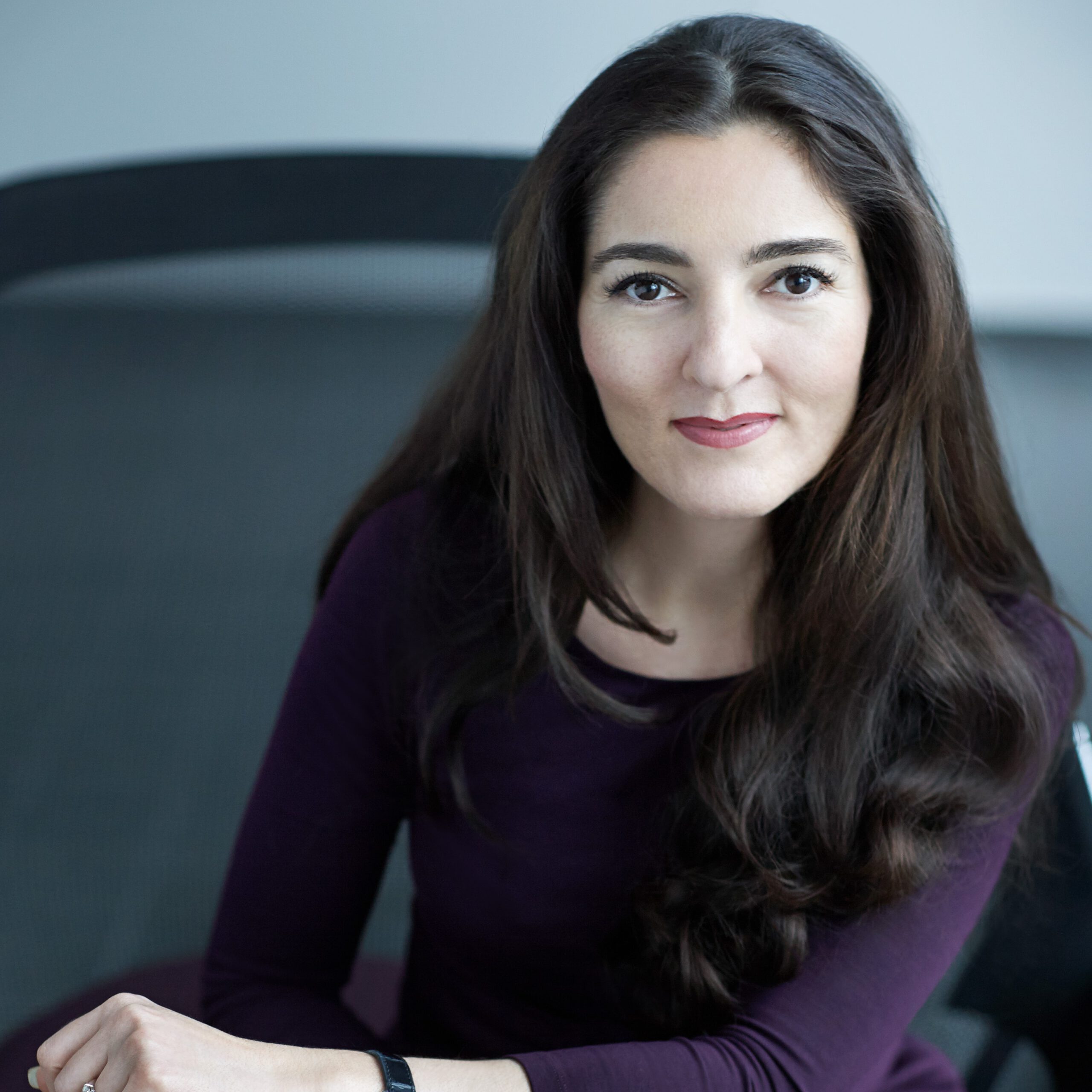












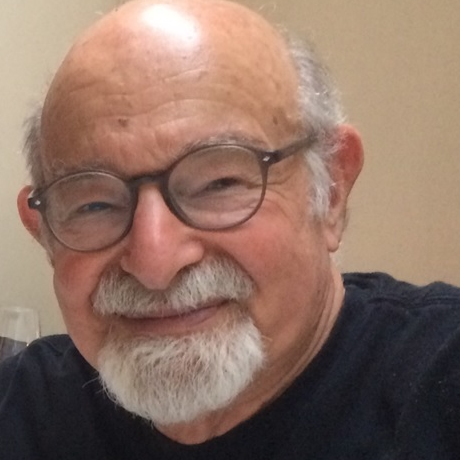







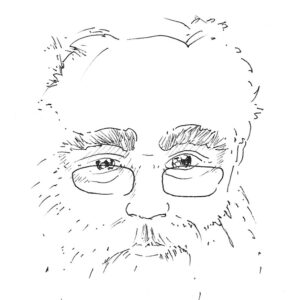






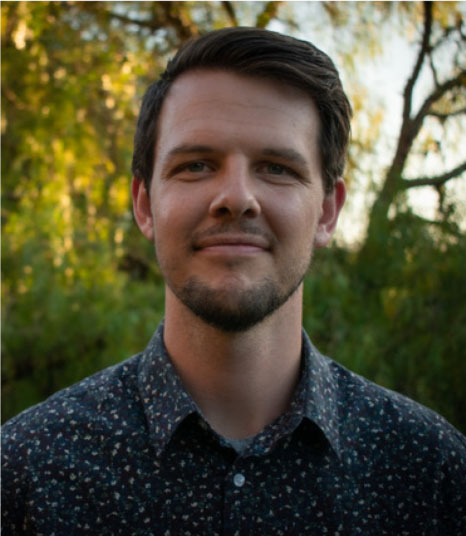
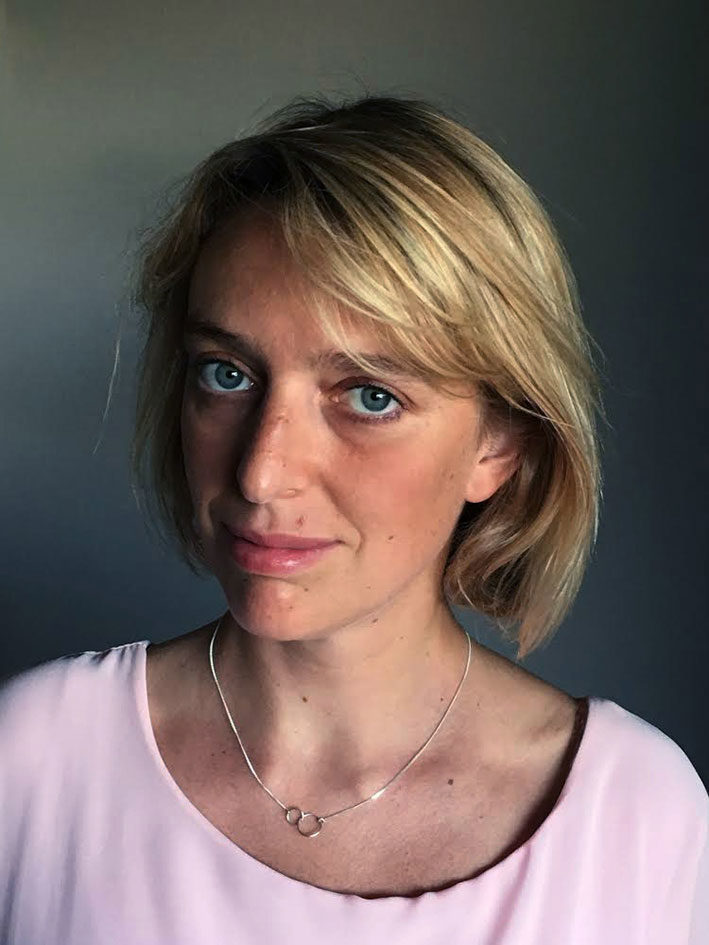








 Moderation
Moderation 




























